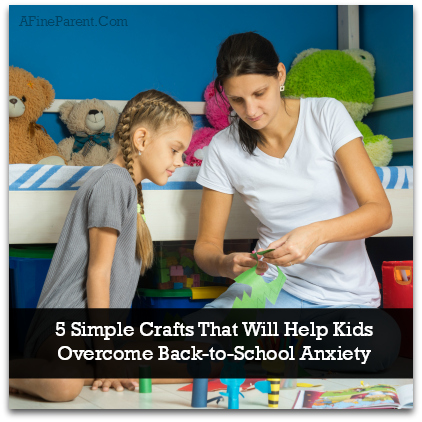 “I’m sure I never had homework at that age,” my husband mutters under his breath after I tell my son I expect him to add more details to his paragraph.
“I’m sure I never had homework at that age,” my husband mutters under his breath after I tell my son I expect him to add more details to his paragraph.
I give my husband ‘the look’ and he returns to buttering his toast.
After much cajoling and persuasion, my son finally completes his writing assignment and I send him out to play.
Hands on my hips, I turn to my husband, “What kind of message are you sending to our son when you complain about homework in front of him?”
“An eight-year-old should be out playing,” my husband argues.
“I agree,” I say, “but he also needs to know that school comes first.”
He returns to buttering his toast.
Variations of this conversation have played out many times in our house since my son first started school.
As a former elementary school teacher I know how important it is to have high expectations for children. Children will not automatically choose to practice piano or do their homework over playing Minecraft (at least mine won’t).
I know a bit of pushing of is required, but how can we do this effectively and not turn our children off to learning completely? And how do we get them to achieve without pushing them up from behind?
How can I be supportive without being a Tiger Mom – that mom that drives kids to the brink searching for perfection?
Faced with my own questions about Tiger Moms, I turned to Amy Chua’s memoir, Battle Hymn of the Tiger Mother.
My first reaction was guilt. Maybe I should be pushing my children more? Will they fall behind their counterparts from around the world if I don’t make them work harder?
Then, I had a flashback of competing in a piano competition when I was 12-years-old. Feelings of inadequacy flooded back when I remembered 9-year-old children performing pieces that required far more dexterity than I had at 12.
 For some kids, heading back to school is something to look forward to – the excitement of seeing their friends again, the anticipation of playing on sports teams, and the intrigue of meeting the new teacher. These kids are planning their first-day-of-school outfits and chattering about resuming favorite recess activities.
For some kids, heading back to school is something to look forward to – the excitement of seeing their friends again, the anticipation of playing on sports teams, and the intrigue of meeting the new teacher. These kids are planning their first-day-of-school outfits and chattering about resuming favorite recess activities. I met a special girl the other day. Her name is Violet and she is 6.
I met a special girl the other day. Her name is Violet and she is 6. Life seems to get busier and
Life seems to get busier and  There is nothing pleasant about being told you have a chronic illness, and the situation is much worse when you find that your child is the one with the chronic illness.
There is nothing pleasant about being told you have a chronic illness, and the situation is much worse when you find that your child is the one with the chronic illness.